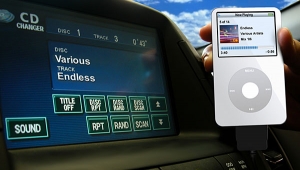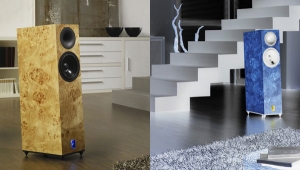| Columns Retired Columns & Blogs |
Once in a while I like to be proven wrong in some preconceived notions. It can be a reality check which may help save me thousands of dollars. It sounds like a fun activity, anyway. But I will be careful to say that certain types of comparison require long listening test periods in order to arrive at the correct conclusion. A case in point: Power supply products need to settle down after being plugged in. Optical disc drives are also highly unstable. I have yet to come upon any optical disc players that does not exhibit sonic differences depending on how the track is cued-up and player, whether the track is being read the second time, the third time, or whether remote control was used. Those sonic differences are pretty audible in my home and office systems.


























